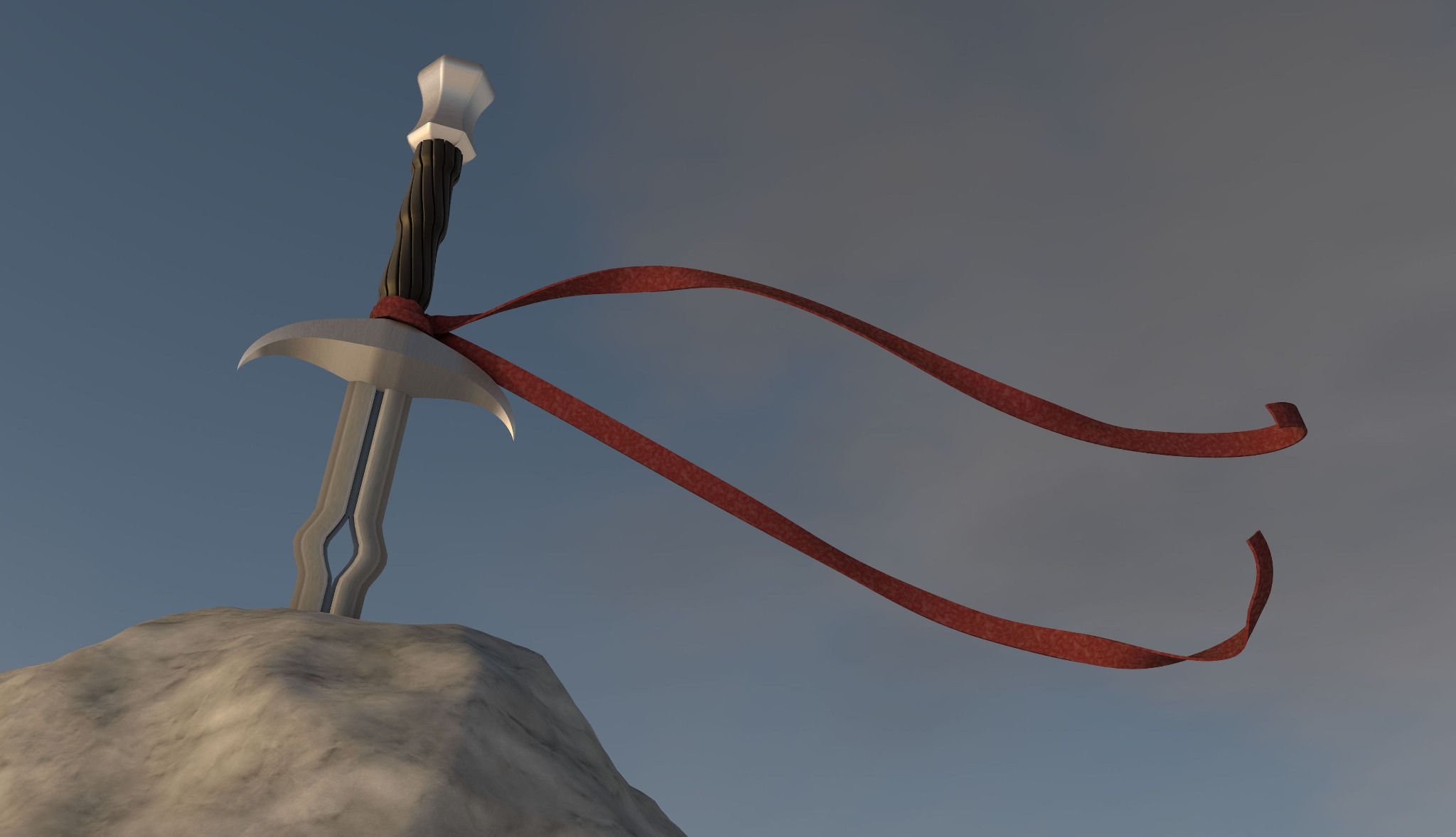
Personal Mythology
Humans are a curious lot. We demand answers to all our questions and if we can’t find those answers, we make them up.
That’s how myths arose. We needed the world explained to us. We needed a code of ethics to tell us how to live and how to treat others. We needed assurances that for every question there is an answer. It’s not always the correct answer, but that is irrelevant.
Most of us are familiar with a few mythical characters. Whether you know their names or not is unimportant — the ideas from those ancient stories are still being told in modern movies, comic books and television.
I’ve always enjoyed reading myths, but found their lessons to be misguided. They seem to be propaganda sent out to make sure the populace didn’t get too uppity. The myths of Sisyphus and Icarus are perfect examples of this.
Sisyphus was a little too clever for Zeus’ liking, so he condemned Sisyphus to an eternity of rolling a rock up a hill. Once Sisyphus got to the top of the hill, the rock would roll back down and he’d have to start his task all over.
Icarus was given a pair of wax wings by his father with the instructions not to fly too high, lest the sun melt the wings.
Both myths are supposed to demonstrate the consequences of too much ambition. Except that modern society has been built by men and women with an overabundance of ambition.
What these old stories give us, though, is a template to create our own personal myths, a way to explain who we are to ourselves and others. In the stories we tell about ourselves, we are always the hero. Sometimes the hero fails, but those failures serve to explain our current behavior.
I’ve been thinking a lot about my own personal myths lately and how modern technology is changing them. It used to be that it was fairly easy to distance yourself from your past. You could move away from your home town and never talk to anyone who knew you way back when. The people who once populated your life are frozen in time, becoming characters in your personal mythology. And you became a character in theirs.
Now, with a few online searches just about anyone can find you and confront you with what you were; and you can see them for who they are now. This can be a bit unsettling because it makes you confront beliefs you may hold that are based on something completely contrived.
I have a story I tell titled “The Worst Date I’ve Ever Had.” It’s a 30-year-old cautionary tale about the pitfalls of double blind dates. It’s a humorous story that ends with our hero — me — persevering despite being wronged.
Then the antagonist in this story friended me on a social media site. I never imagined she would have done this — it was almost as if Zeus himself had contacted me. She had long ceased to be a real person and became a character in a narrative.
I’m obviously reading too much into such a simple modern act, but it made me reassess that personal myth. Was it really the worst date I’d ever had? When I thought about it, the answer was that it isn’t even in the top 10. And when I thought of the truth behind that myth, I’m not much of a hero, either.
I’m not sure if the destruction of personal myths is such a good thing — they provide us with a sense of truth, even if they aren’t factual.
Besides, everyone should be the hero in their own stories.
.
1 Comment Add a Comment?
Jess
Personal myths can be a matter of perspective, anyway. It's not that one person's version is more true than another's, so much that the perspective can be so wildly different. When we get to edit who we know (which is a right we should all have), we can each tell the story however we want to without objection. Getting confronted with the story being told in a different way can be humbling - and a great way to grow.